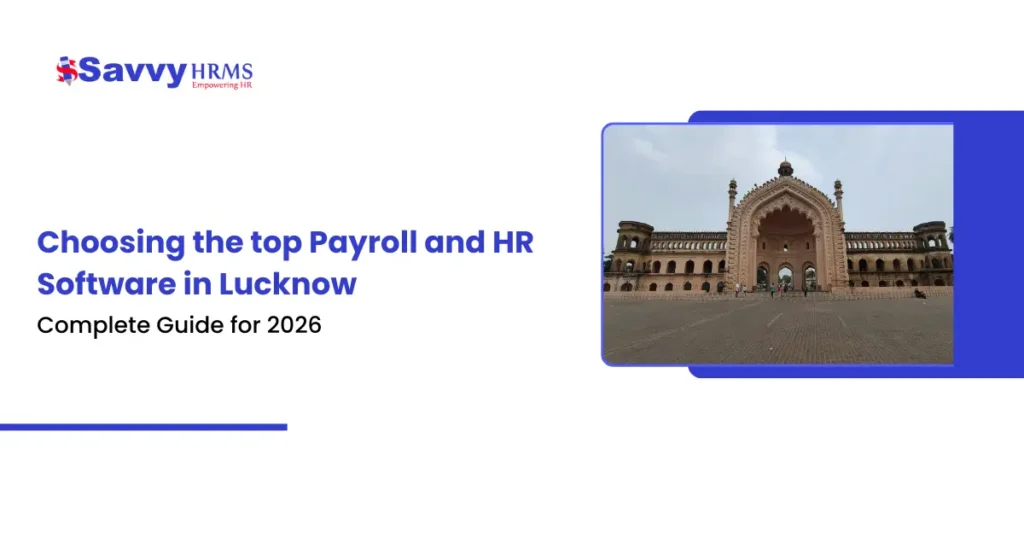When a child is born, both parents should have time to adjust and take care of the newborn. Yet, Paternity Leave is an under-discussed benefit in many workplaces. While maternity leave has taken its due course. It is time to talk about the importance of giving a father time to share in motherhood.
Let us now understand what is all about and why it holds importance.
What is Paternity Leave?
Paternity leave is the leave taken by male employees of a firm during their service to that firm. Following childbirth or adoption. This enables the new father to support his partner. Hold and care for the baby, and help with early responsibilities at home.
Unlike Maternity Leave, it is very uncommon to find. But lately, more companies are putting this into their good practice clout.
Why Paternity Leave Matters
Fatherhood is a universal responsibility. Paternity leave induces a balm to work-life balance. It allows time for fathers to care, rest, and share equal contributions.
Moreover, this strongly advocates gender equality. Companies that offer maternity leave show that they bring diversity & inclusion to work.
Current Status in India
For any employee within the private sector. However, employees within the central government can avail of a max. of 15 days of this scheme.
Some modern-thinking firms have taken the lead already. For some, it is from paid leave for a week (7 days) to even 30 (thirty) days.
Paternity leave is just one example of an evolving trend in HR policies. Aimed at creating a hospitable environment for all employees.
Global Practice Towards Paternity Leave
Countries have different policies, which reflect what a country values. Culturally and the priority given by the legislature.
Unlike many countries, there is no statutory obligation for private-sector companies. To provide paternity leave in India. Govt… employees, meanwhile, are entitled to 15 (fifteen) days’ paid. Within six months of childbirth. Some progressive companies have started offering between 7 & 30 days of paid paternity leave for fatherly involvement in early childcare. Still, there is much wider room for large-scale policy reform and awareness.
Comparatively, many of the countries have a more comprehensive approach:
- Sweden gives each child a total of 480 days of paid parental leave. There are ninety days guaranteed for each parent.
- Up to one year of paid paternity leave is available for fathers in Japan. But many are dissuaded from it by social stigma.
- In Iceland, there is a flat nine months of paid leave. Divided equally between the parents.
- Norway has 15 weeks of paid leave in this scheme. A fraction of what it gives for family support.
These cases indeed show that regions are evolving at different speeds. With that in fact, India is slowly catching up. Though in most corporate HR teams. More voices are rising to advocate for inclusivity in modern leave policies. It is a process with hope, but awareness and advocacy become stronger.
Application Guidelines for Paternity Leave
Take time off work for a few essential steps to achieve a smooth leave program:
- Consult the organization’s leave policy or HR.
- Apply in advance of the expected date.
- Put in all documents needed, such as the expected delivery date or adoption papers.
Being proactive and open helps build trust and makes it easy for HR to support your request.
The role of Human Resources in paternity leave matters
This obviously falls into the ambit of Human Resources. That must develop policies supportive of all types of families.
HR ensures fairness and support by integrating paternity leave. Into the company`s leave management system.
At the same time, there must be a culture that encourages fathers to take this time. Without guilt or even fear of judgment.
Benefits to the Companies
Granting paternity leave confers:
- Enhanced staff satisfaction
- Increased retention
- Positive image for the company
- A stronger family support system
It is a little step to accomplish big things.
Conclusion
In conclusion, Paternity Leave is more than time off. It means trust and love; it means equal parenting. It represents the values of the modern workplace. And lays the groundwork for healthier families.
Companies that adapt to these needs build stronger and happier teams.
FAQs
Is paternity leave necessary in India?
No, it is not a mandate for private sector employees. Currently, the laws extend provisions only to government employees.
How long can it be availed of by fathers?
This has a great deal of variability. A few grant leaves as little as 7 days to 30 days. while the government sector provides up to 15 days.
Does it generally get paid?
Most often, yes, if the company offers it. Because it depends on how the organization wants the policy to be.
Can paternity leave be extended?
This varies based on company policy, for some companies allow paid or unpaid options for extension.
Is paternity leave available in every country?
No. Some provide really good plans for this scheme under the leave management system, while some provide no plans at all.



